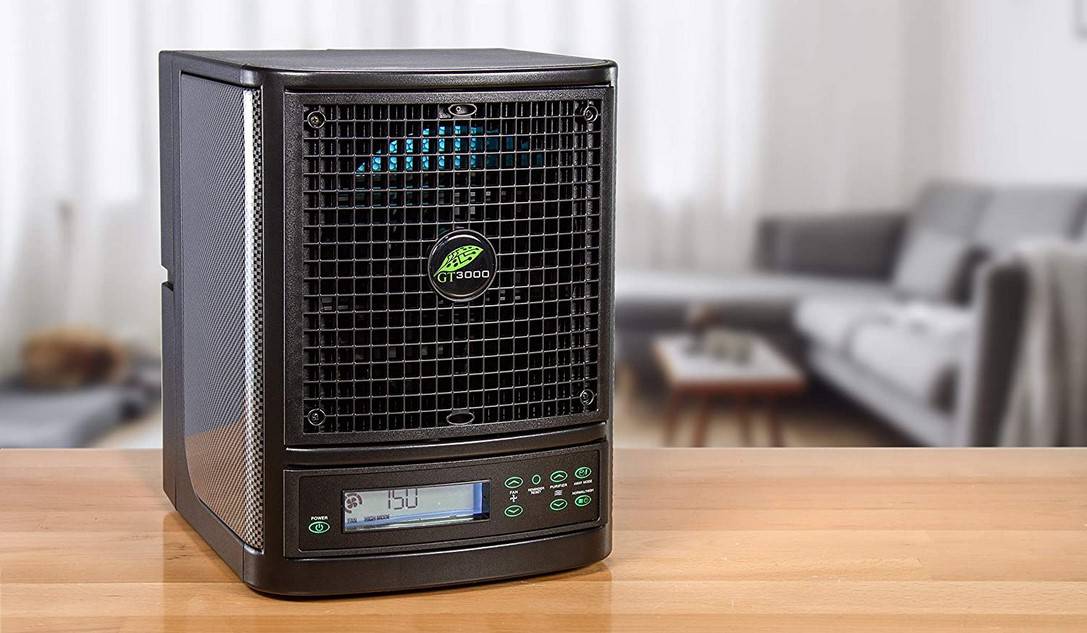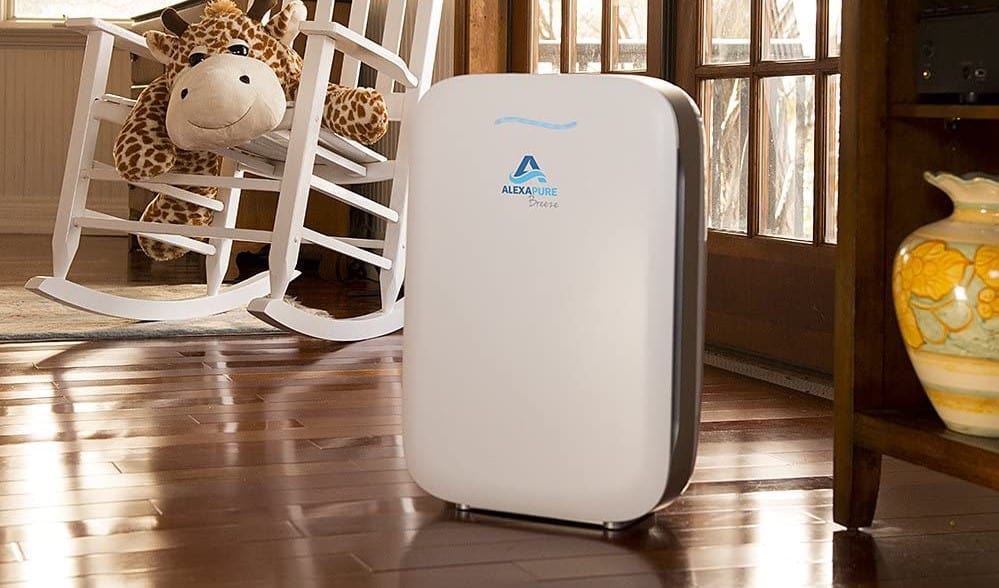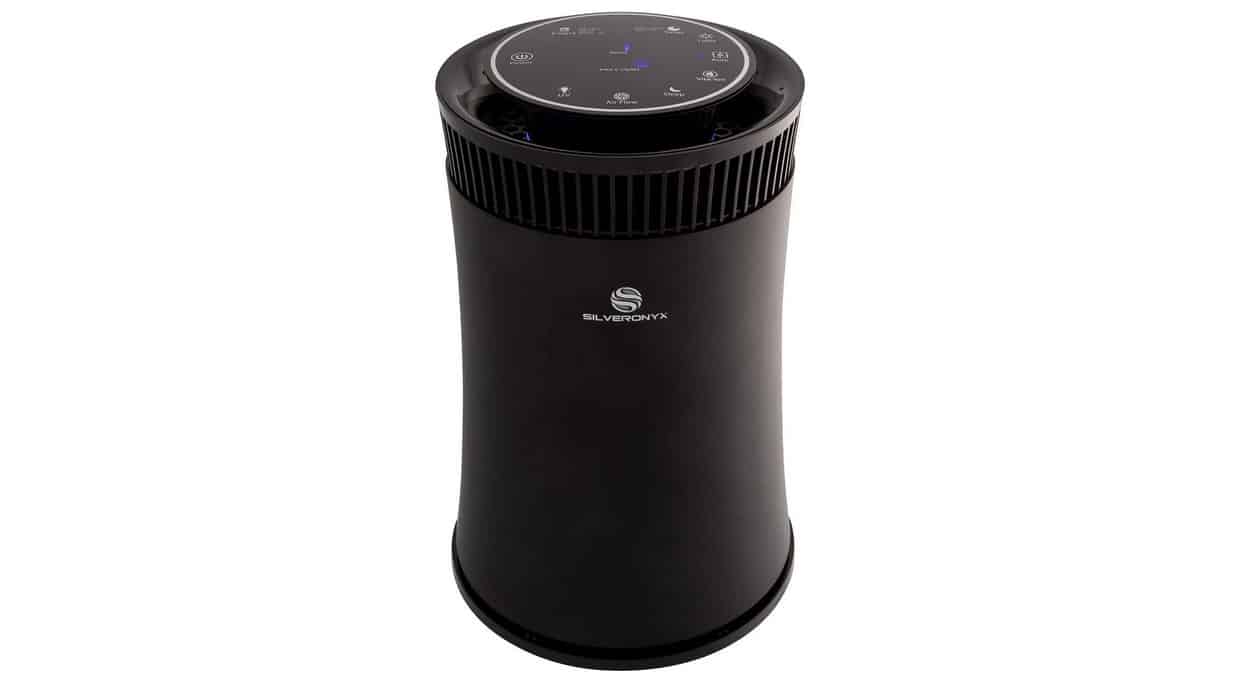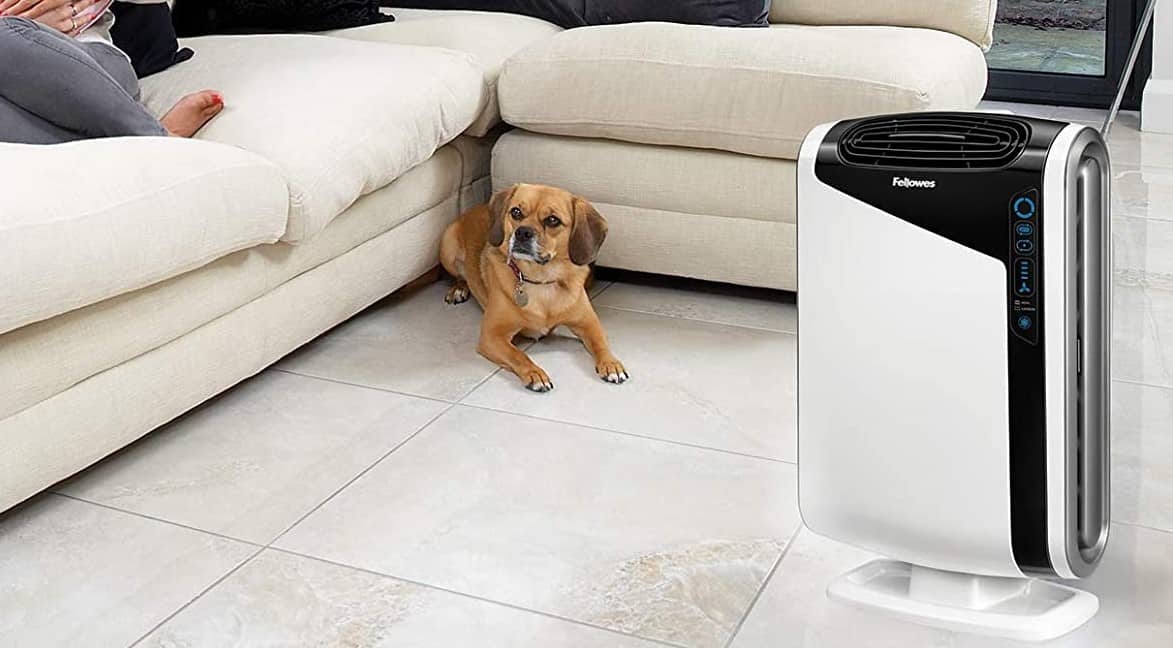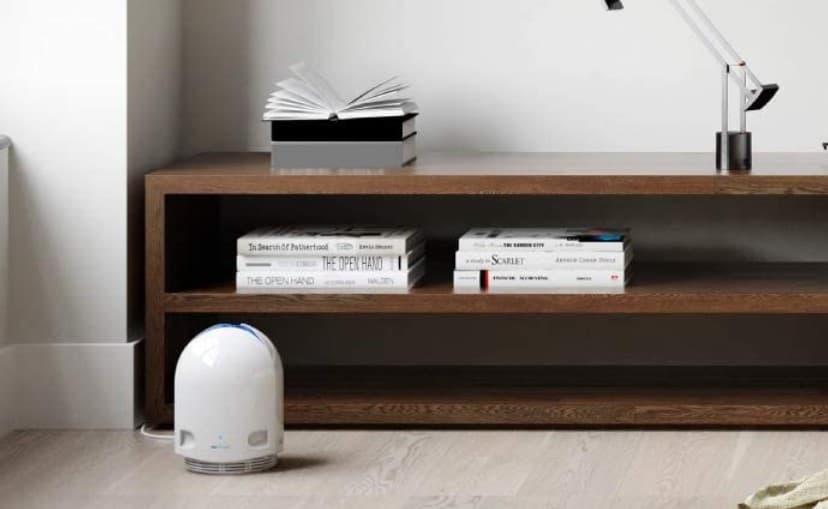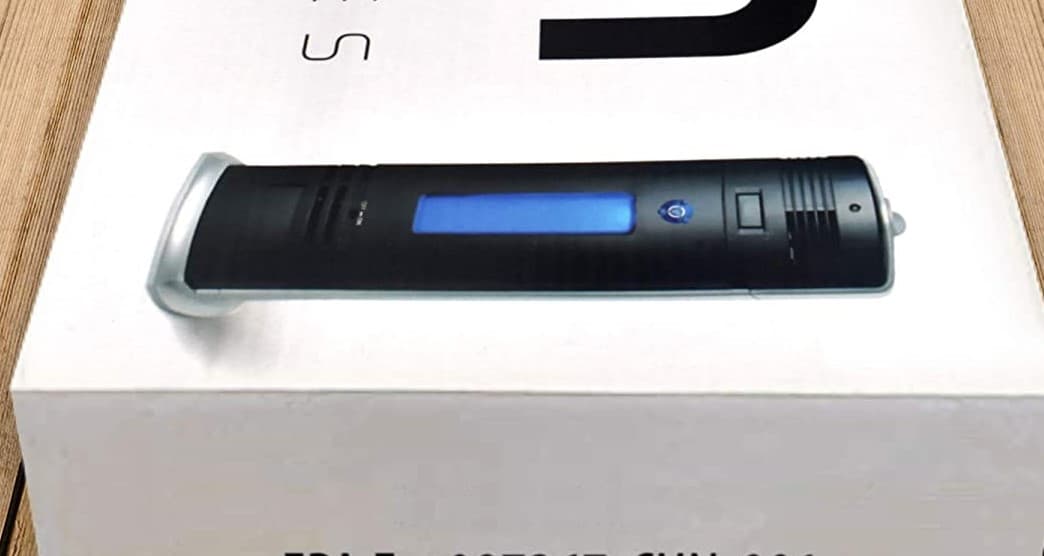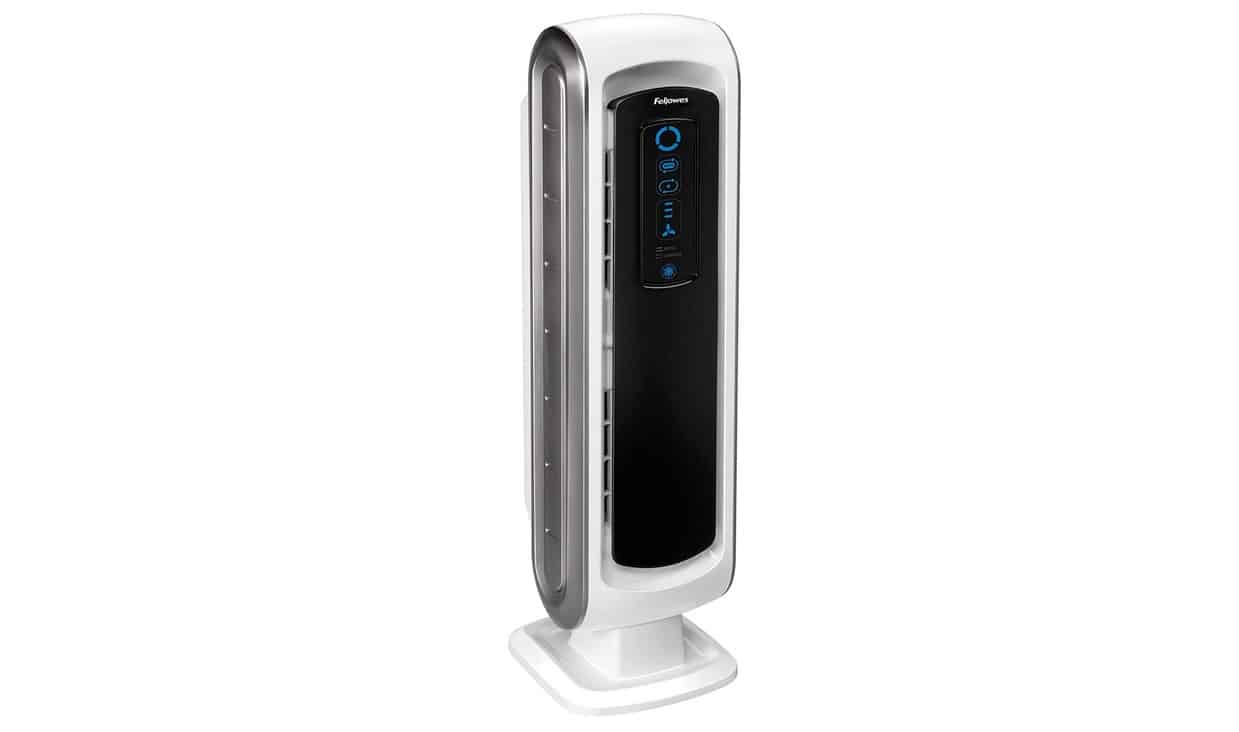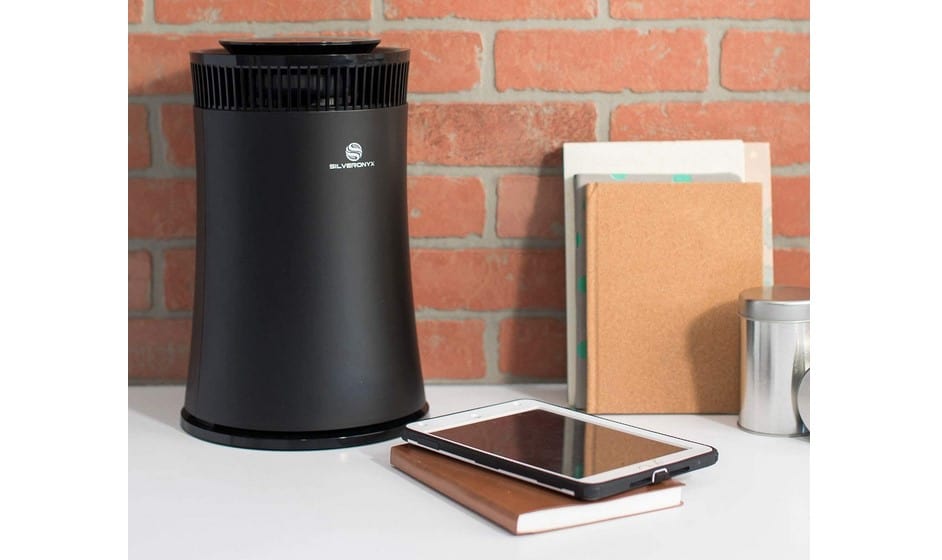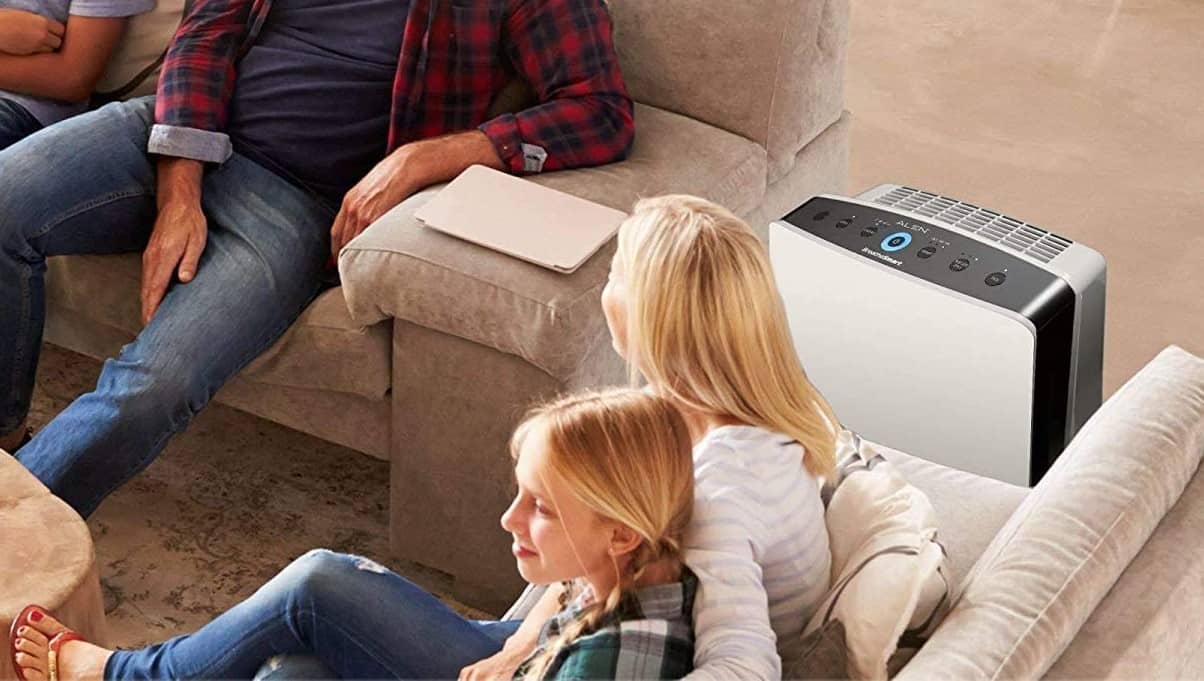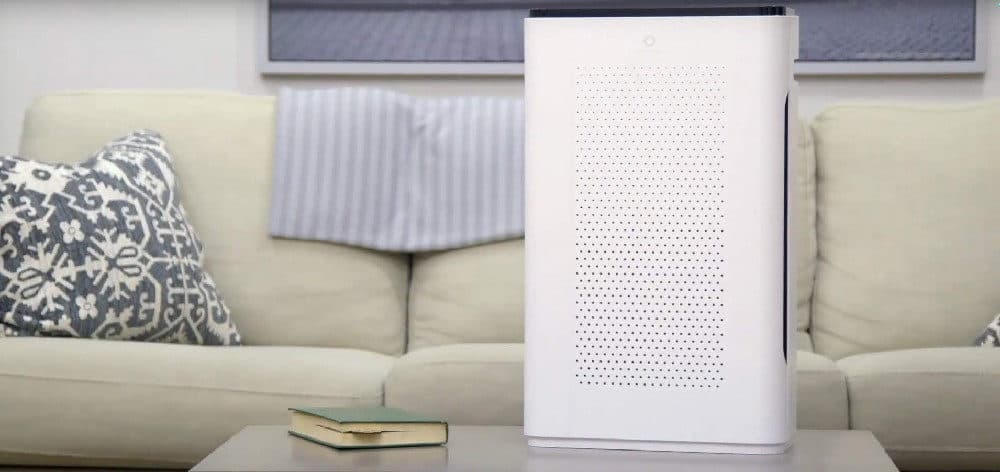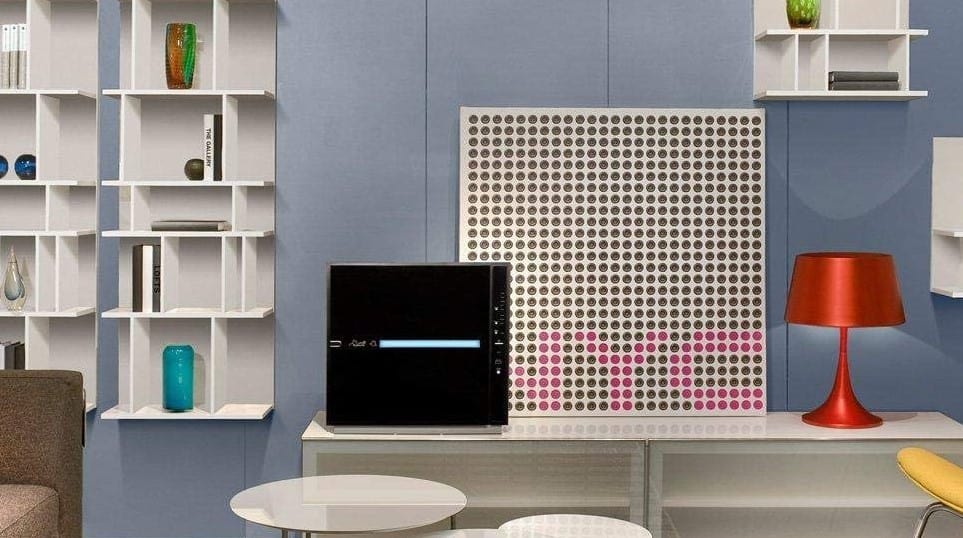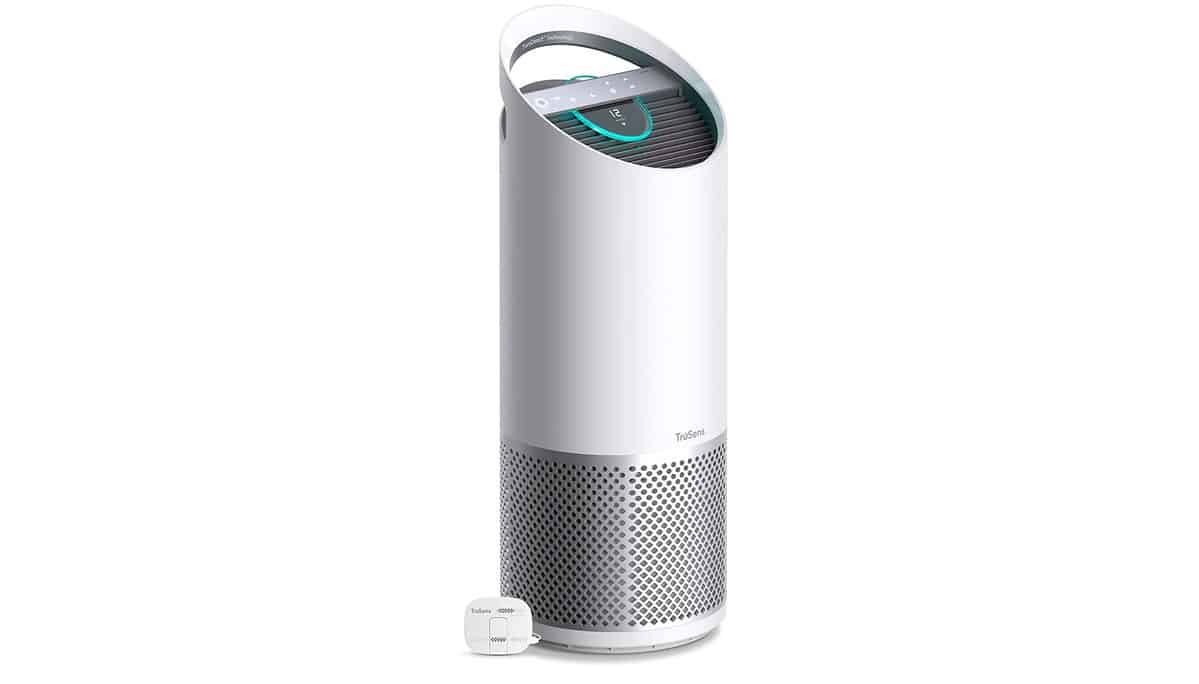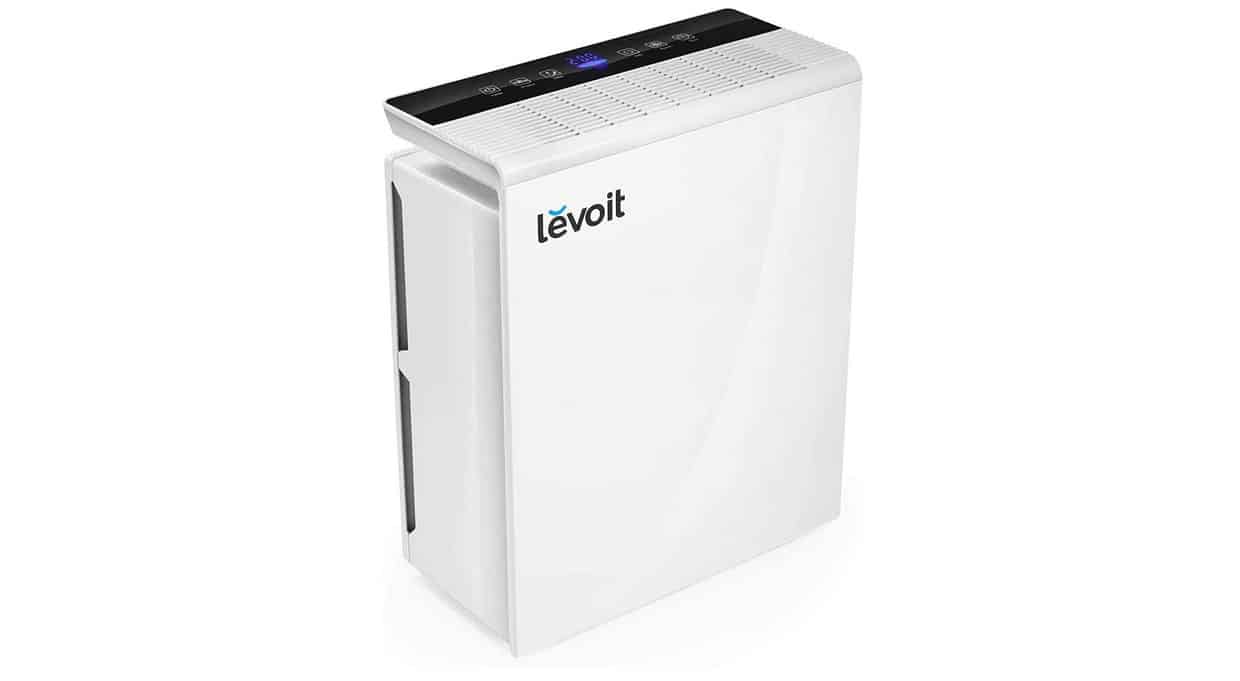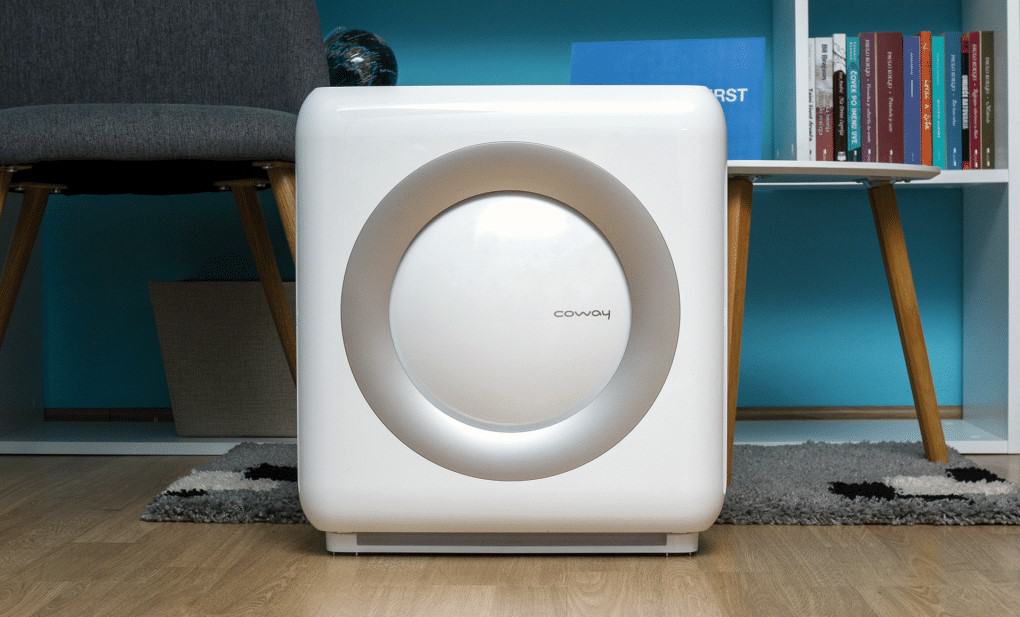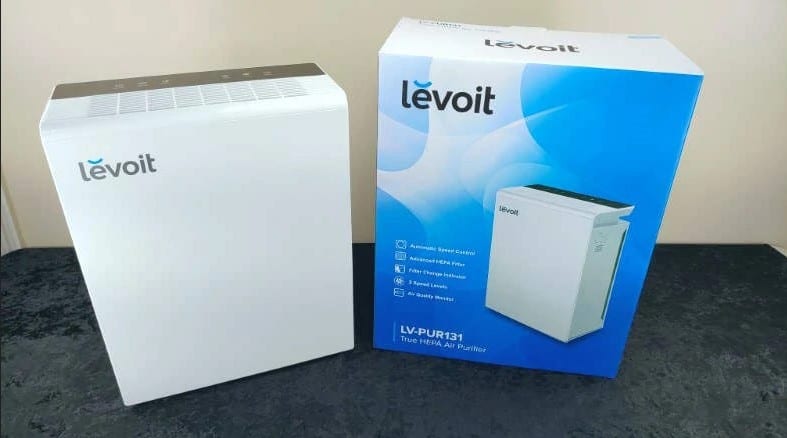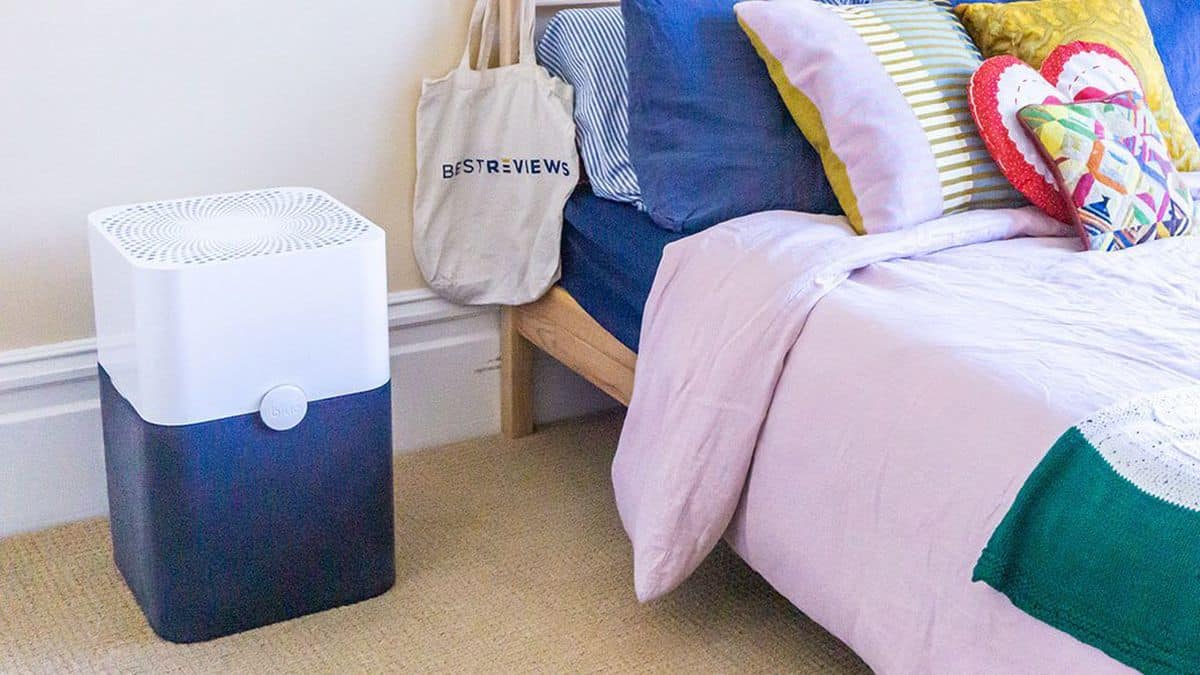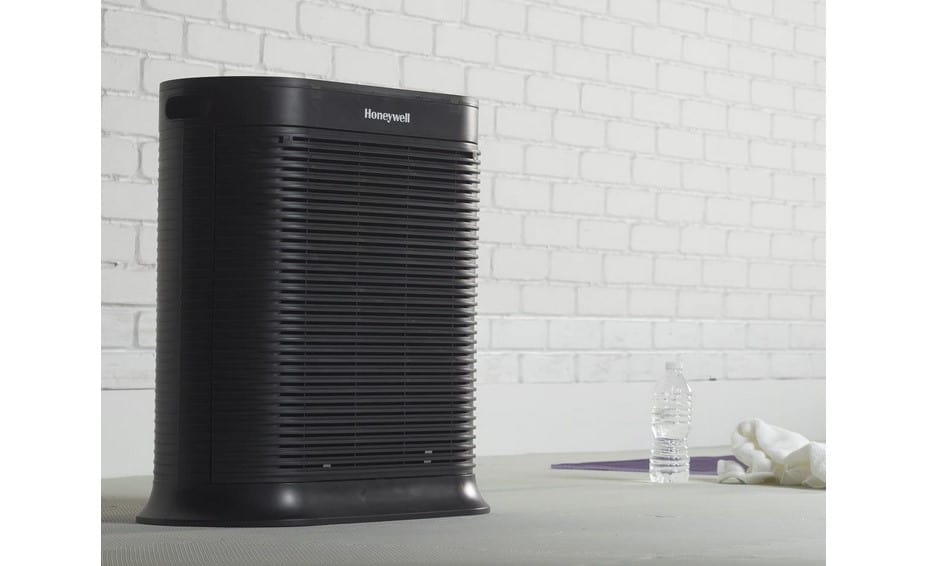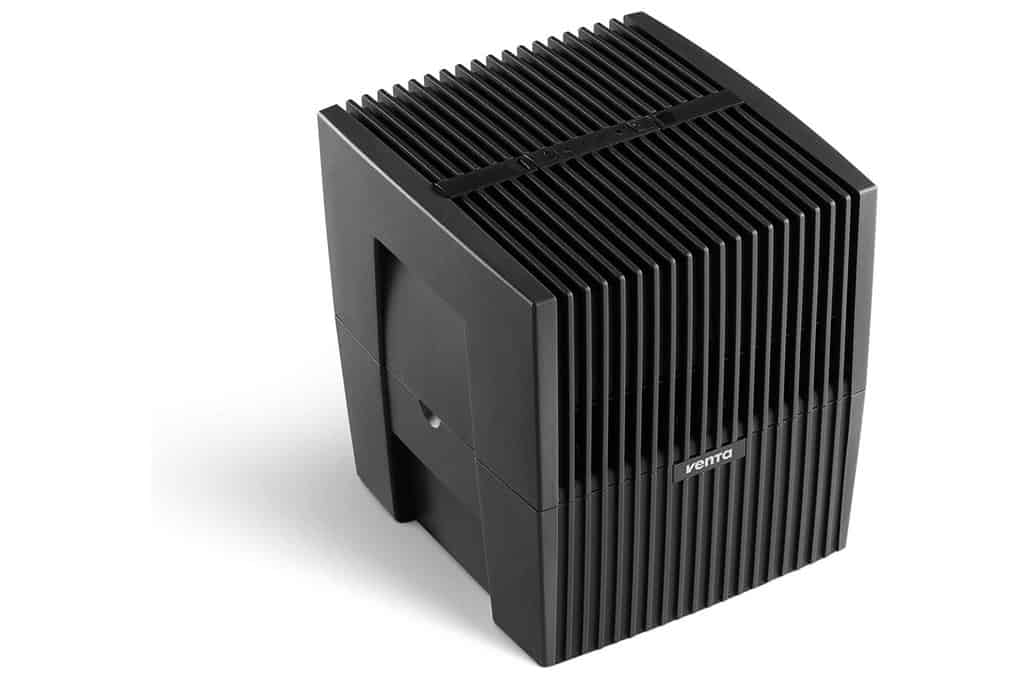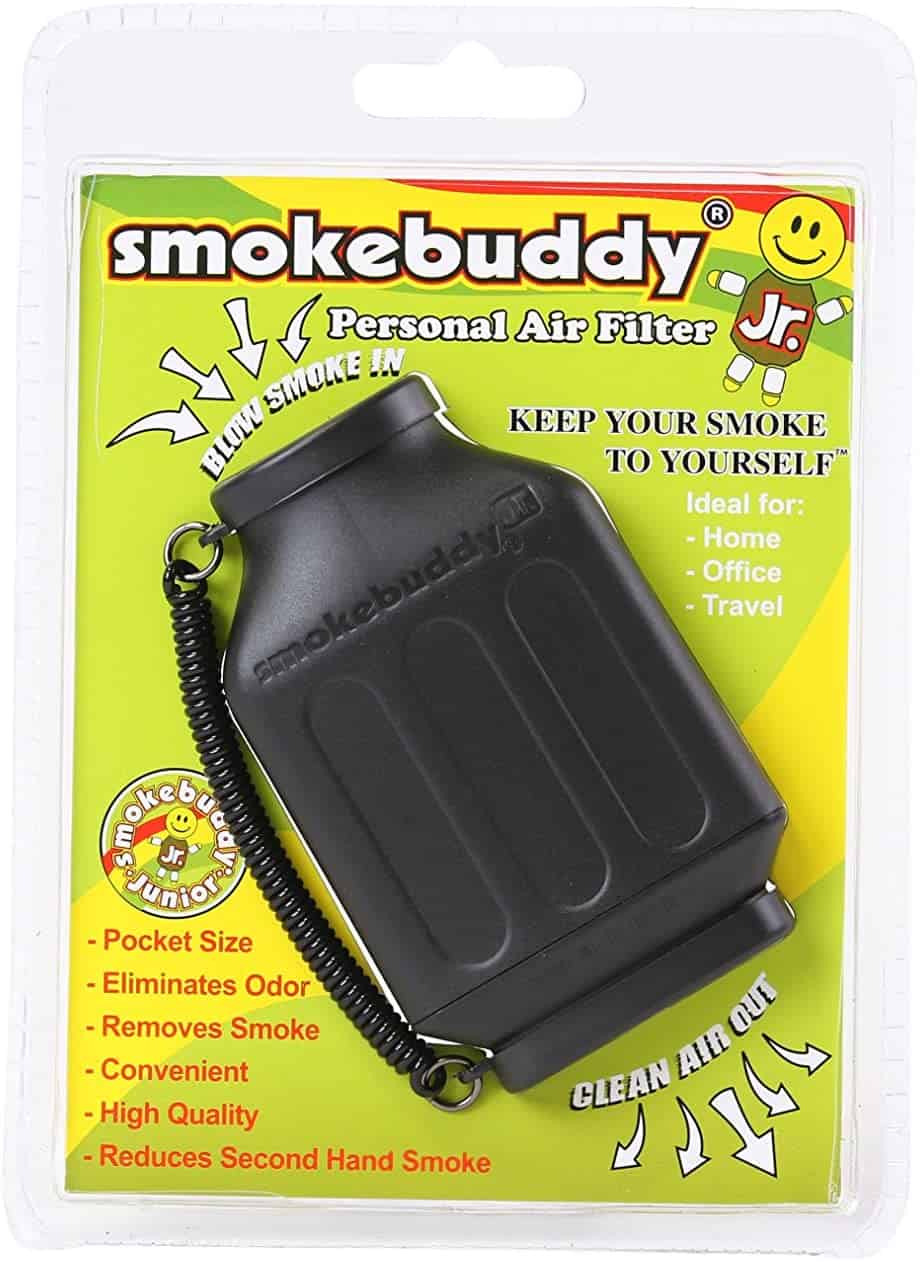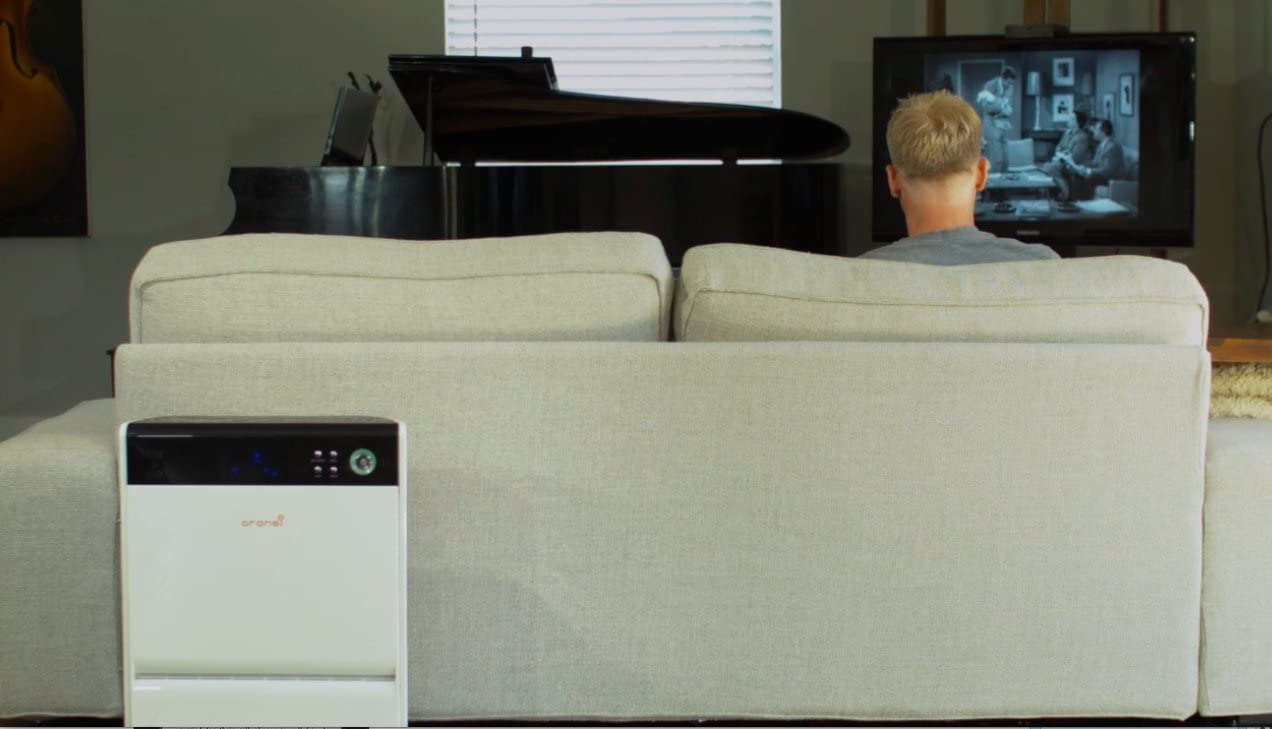During your research into air filters and air purifiers, you may have encountered the term H13 HEPA filter. Just what is a medical-grade H13 HEPA filter? We’ve got you covered. Here is a list of advanced air purifiers.
KEY TAKEAWAYS:
- H13 HEPA filters are considered to be “hospital-grade” and are typically found in clinics, hospitals, and other locations where clean air is necessary.
- HEPA H13 filters are within the highest tier of HEPA and can trap up to 99.95% of particles with a minimum size of 0.1 microns in diameter.
- If you go with a HEPA H13 filter, you can expect a marked reduction in foul odors and superior filtration ability.
What is a HEPA Filter?
Before you understand H13 HEPA filters, it can be helpful to know exactly what a HEPA filter is in the first place. HEPA stands for high efficiency particulate air filter. To be considered a true or genuine HEPA filter, it has to meet certain requirements, such as the ability to trap 99.97 percent of particles that are 0.3 microns in size. HEPA filters typically feature a pleated design with some mesh elements, for trapping particles. Also, it may also be useful to review what CFM in an air purifier is if you want to naturally increase an air purifier’s clean air delivery rate.
Insider Tip
HEPA stands for high efficiency particulate air filter.
H13 HEPA Filters Explained
H13 HEPA filters are considered the highest tier when it comes to this technology, which ensures that they are perfect for use in hospitals, clinics, and other medical settings. True or genuine HEPA filters can also be referred to as H11 or H12 filters. HEPA H13 filters are within the highest tier of HEPA and can trap up to 99.95% of particles with a minimum size of 0.1 microns in diameter. In other words, they’re efficient like other types including Electrostatic vs HEPA air purifiers, HEPA filters vs air purifiers, diffusers vs air purifiers, and water-based vs filter-based air purifiers.
Benefits of H13 HEPA Filters
Choosing a medical-grade H13 HEPA filter over less efficient variants can offer some noticeable benefits, especially over an air conditioner as air purifiers work to clean the air. Here are just a few.
Insider Tip
HEPA H13 filters are within the highest tier of HEPA and can trap up to 99.95% of particles with a minimum size of 0.1 microns in diameter.
Extraordinary Filtration Ability
The primary reason to spring for the extra cash to purchase an air purifier, like the top plug-in air purifier, outfitted with a medical-grade H13 HEPA filter is the extraordinary filtration ability on offer. There is a reason, after all, that these filters are often found in hospitals and other locations where clean air could legitimately be a life or death issue. H13 filters can capture and trap extremely small particles, which means they can trap nearly all commonly found bacteria and virus particles. Be sure to replace the filter according to manufacturer instructions for your safety and peace of mind.
Unparalleled Odor Reduction
If you are looking to drastically reduce foul odors in your home or office, you cannot go wrong with an air purifier equipped with a medical-grade H13 HEPA filter. These filters do an outstanding job of removing nasty smells, such as smoke, mold, pollen, pet dander, mildew, and just about anything else you throw at it. Give the purifier a few days to work, then breathe easy.
An air purifier should cleanse the air from harmful particles and gases such as ozone gas. Finding out what ozone is in an air purifier can help you protect yourself from these harmful gases.
Warning
To be considered a true or genuine HEPA filter, it has to meet certain requirements, such as the ability to trap 99.97 percent of particles that are 0.3 microns in size.
F.A.Q.
What must be considered when designing filter systems for air purifiers?
The size and weight of the trapped particles must be considered, as should the size of the room the purifier will be operating in. There are a number of factors that go into a decent air filtration system.
How do HEPA air purifiers protect against COVID-19 and other viruses?
A HEPA filter can suck in the air that contains virus particles, trapping these particles in the filter until the filter is eventually disposed of. The virus particles will not be killed right away, though they will die off eventually.
Is there a certification process for residential HEPA filters (consumer-grade)?
There is a set of strict guidelines and quality standards, but the EPA has no division to enforce these standards. You are trusting the manufacturer on some level.
STAT: Products that are marketed to be “HEPA-type,” “HEPA-like,” “HEPA-style,” or “99% HEPA” do not satisfy the HEPA standard and may not have been tested in independent laboratories. (source)
REFERENCES:
- https://www.cdc.gov/coronavirus/2019-ncov/community/ventilation.html
- https://en.wikipedia.org/wiki/HEPA
- https://www.epa.gov/indoor-air-quality-iaq/what-hepa-filter-1#:~:text=HEPA%20is%20a%20type%20of,defined%20by%20the%20U.S.%20Dept.r
- https://www.sciencedirect.com/science/article/abs/pii/009167499090050E
- https://www.ncbi.nlm.nih.gov/pmc/articles/PMC4587002/

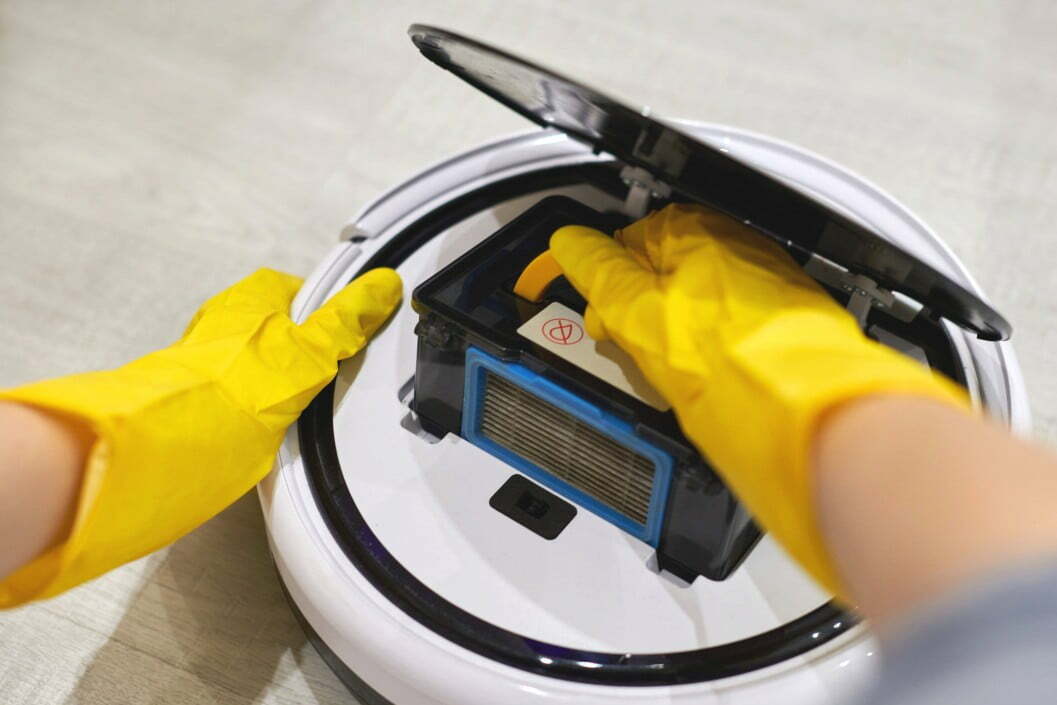













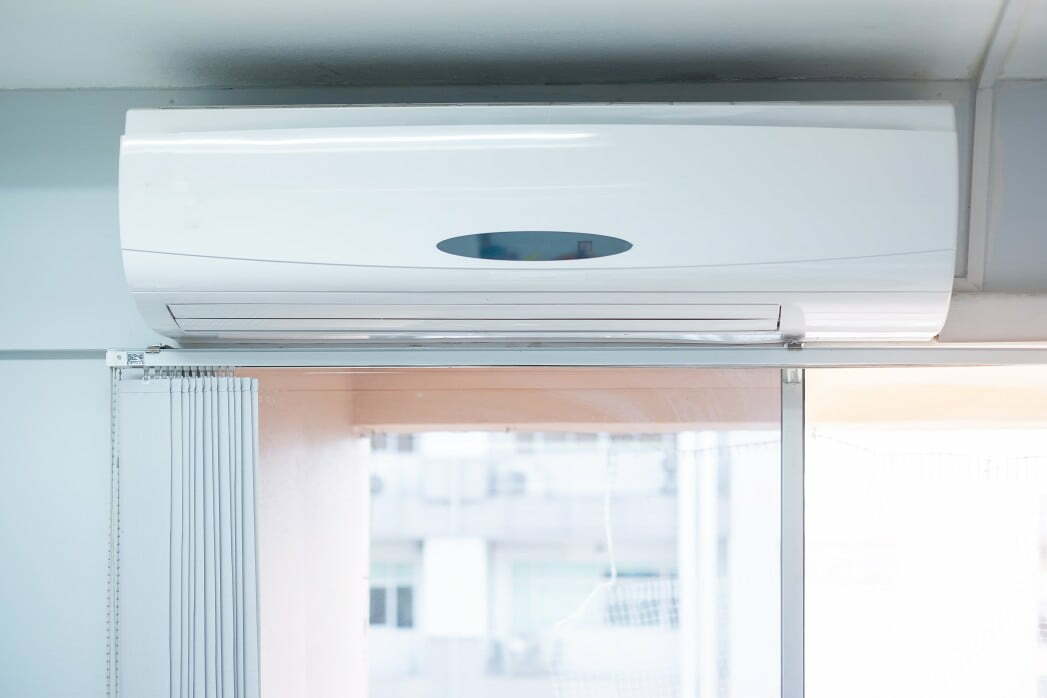
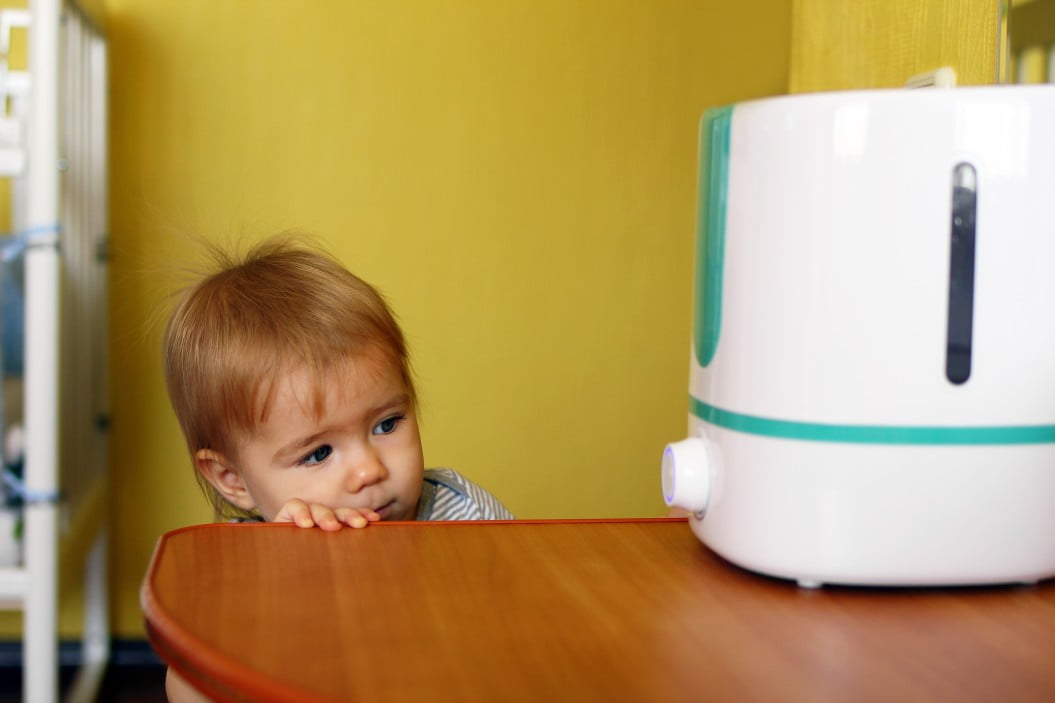
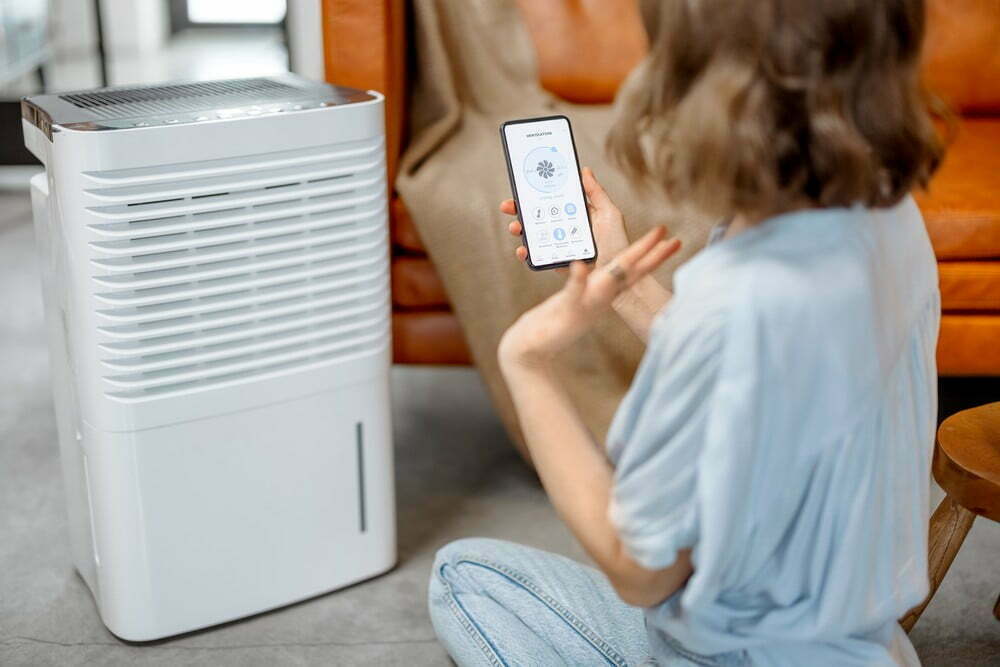
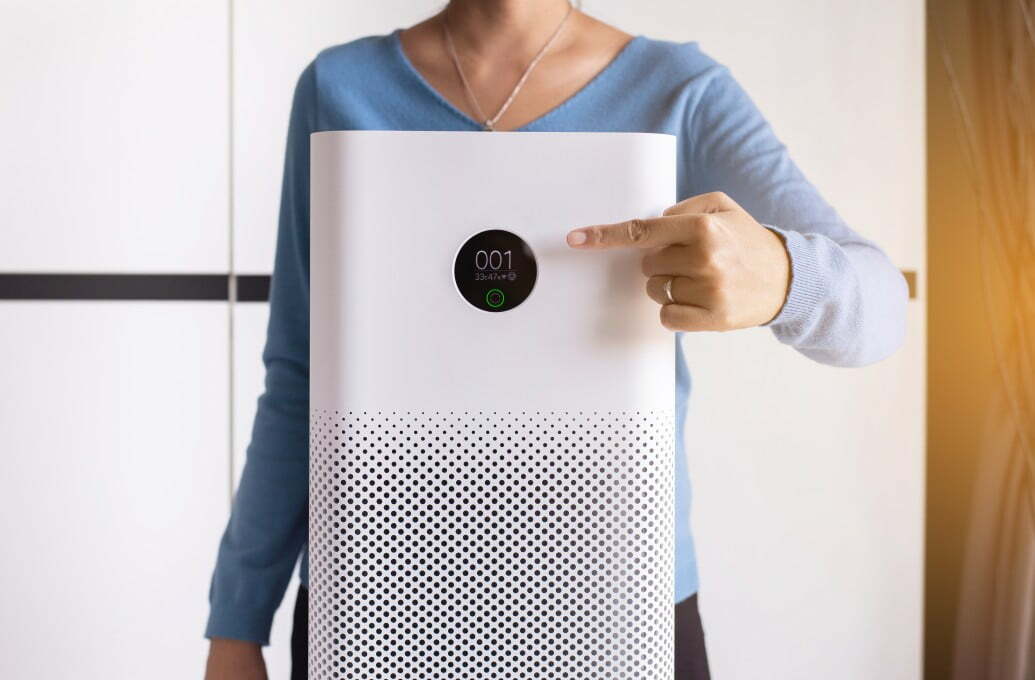
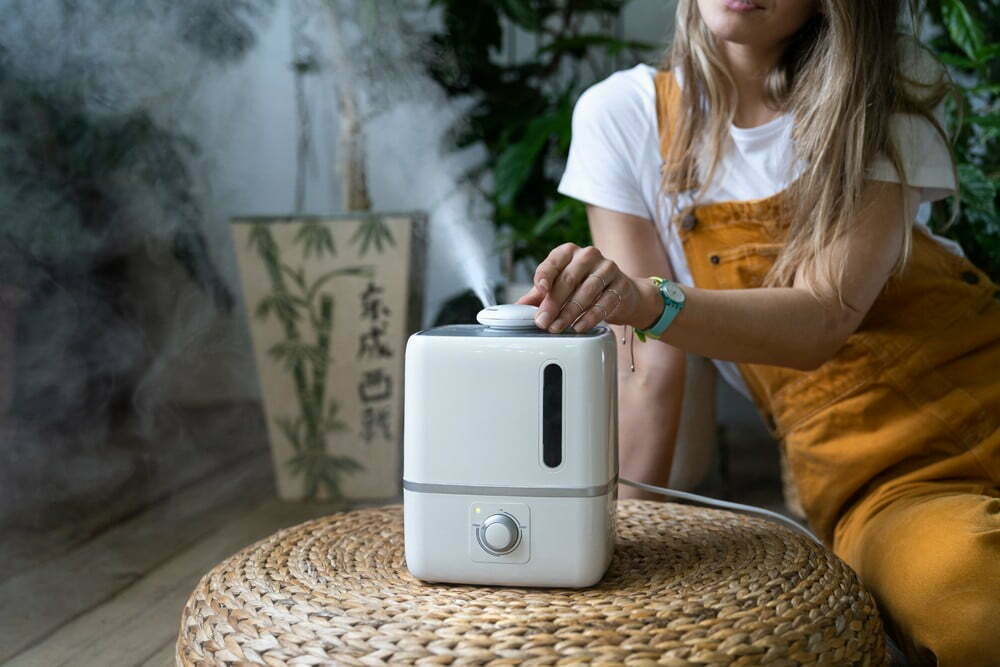


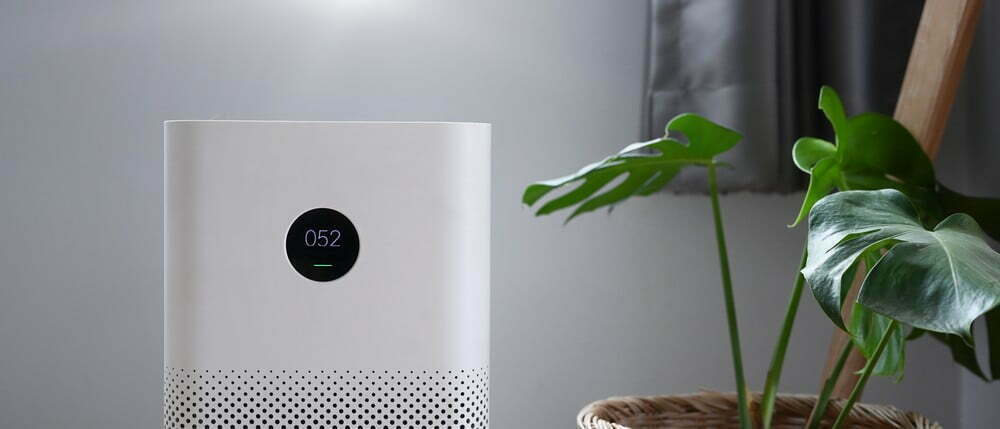
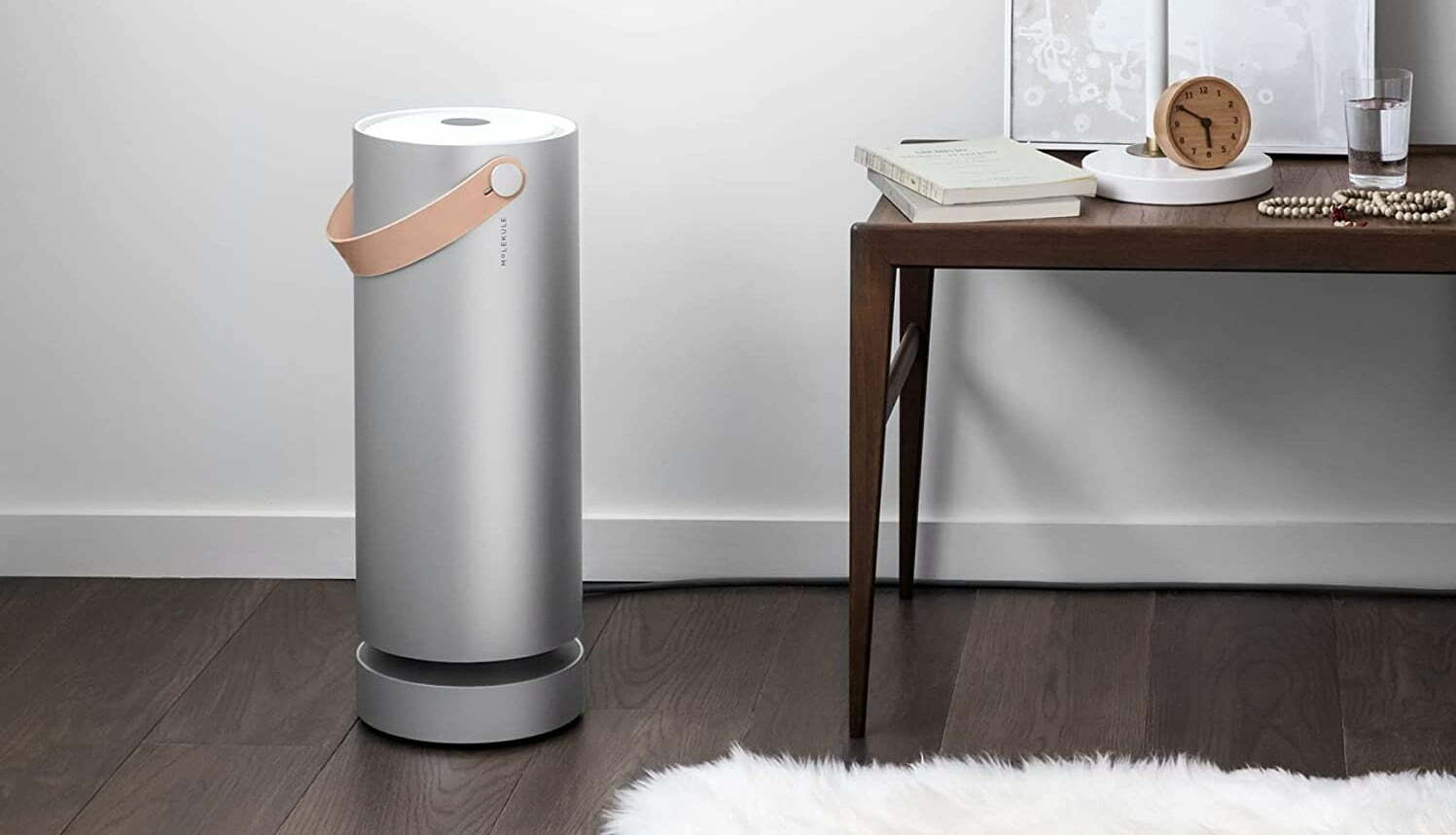
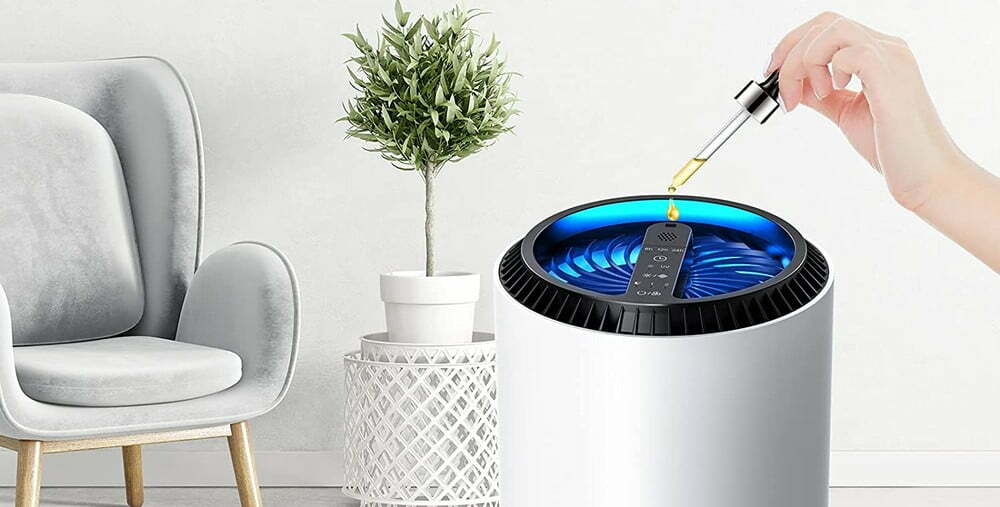
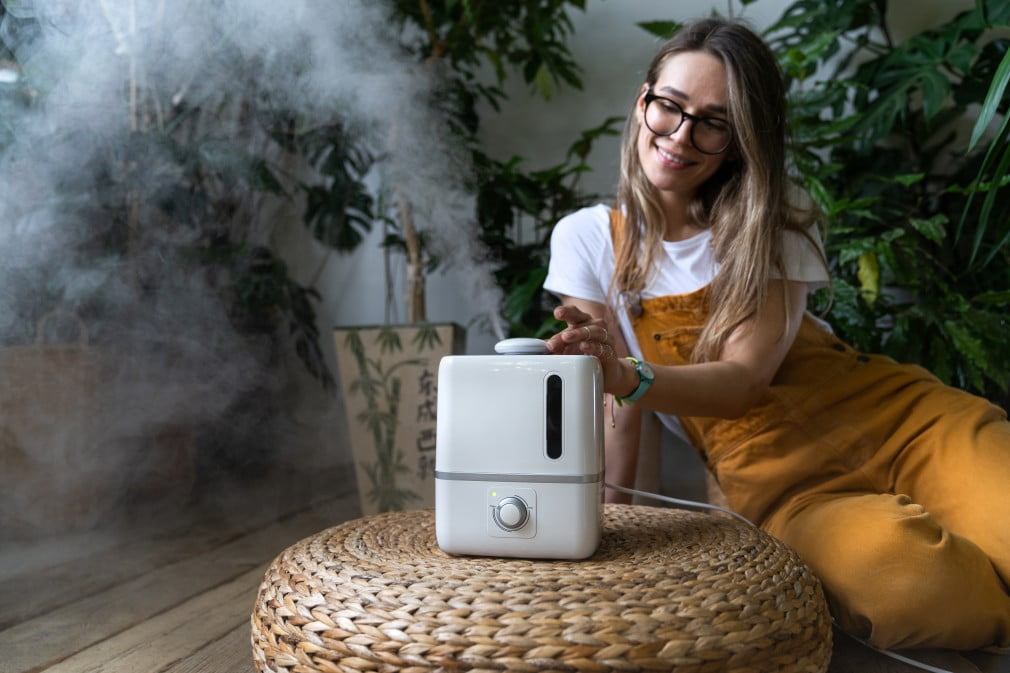
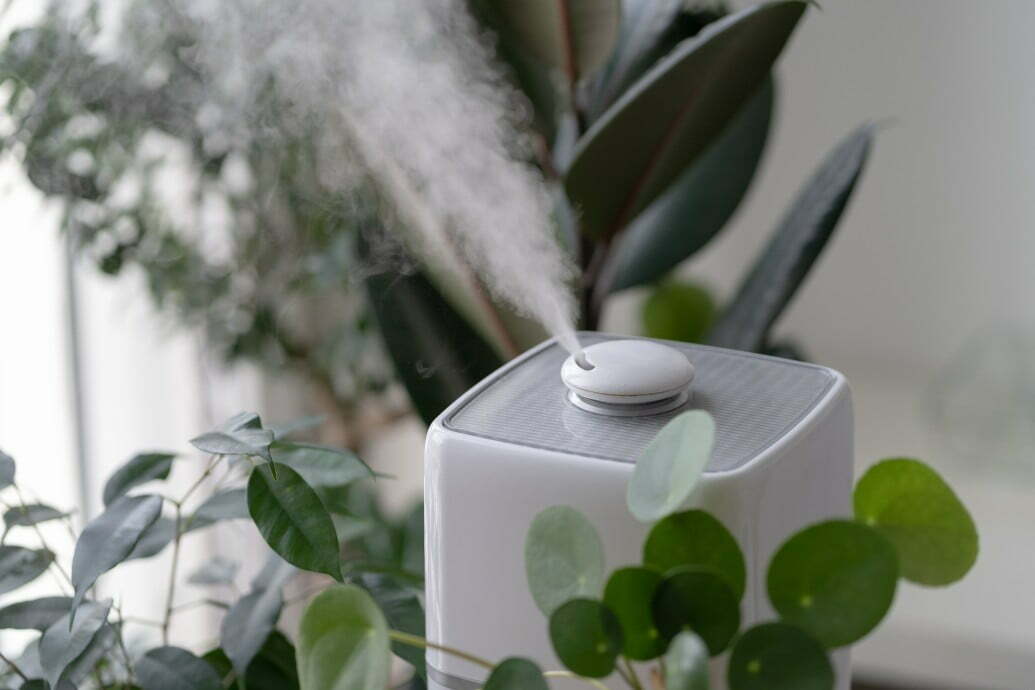
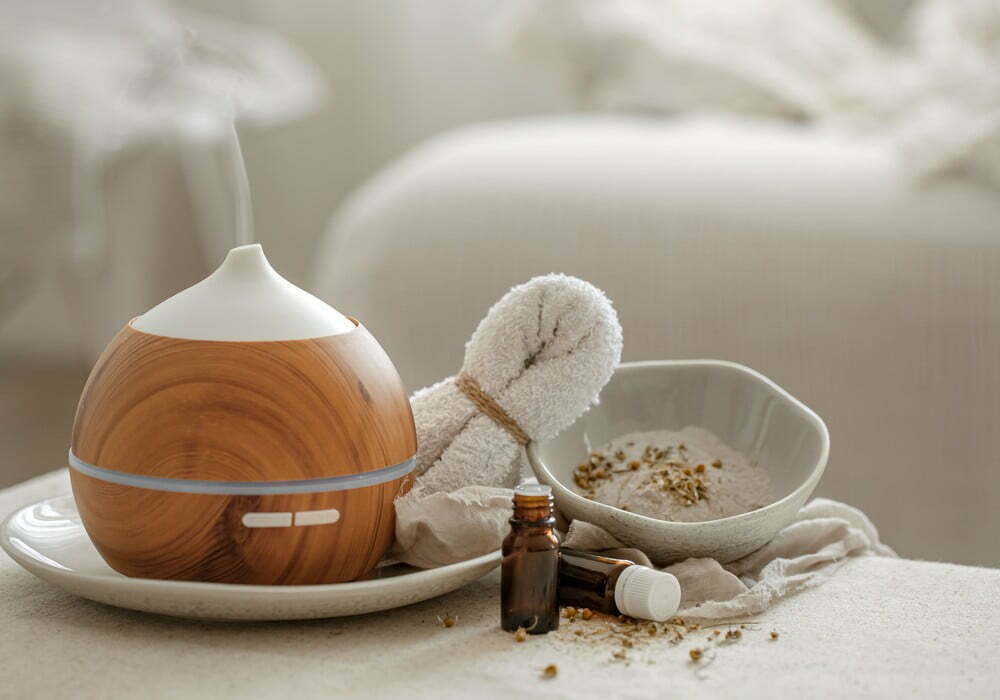
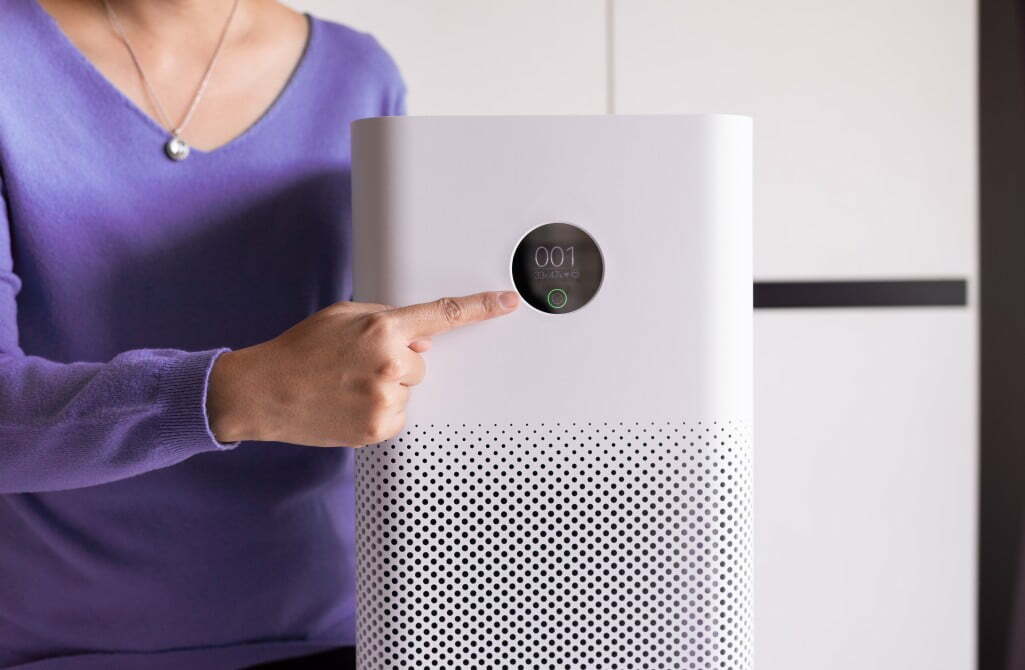
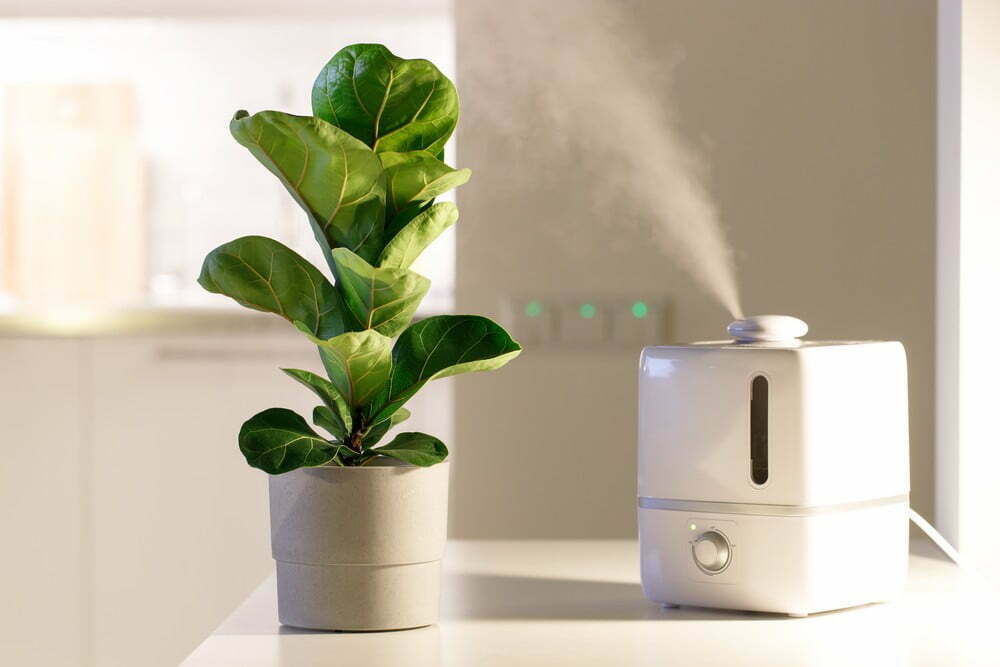

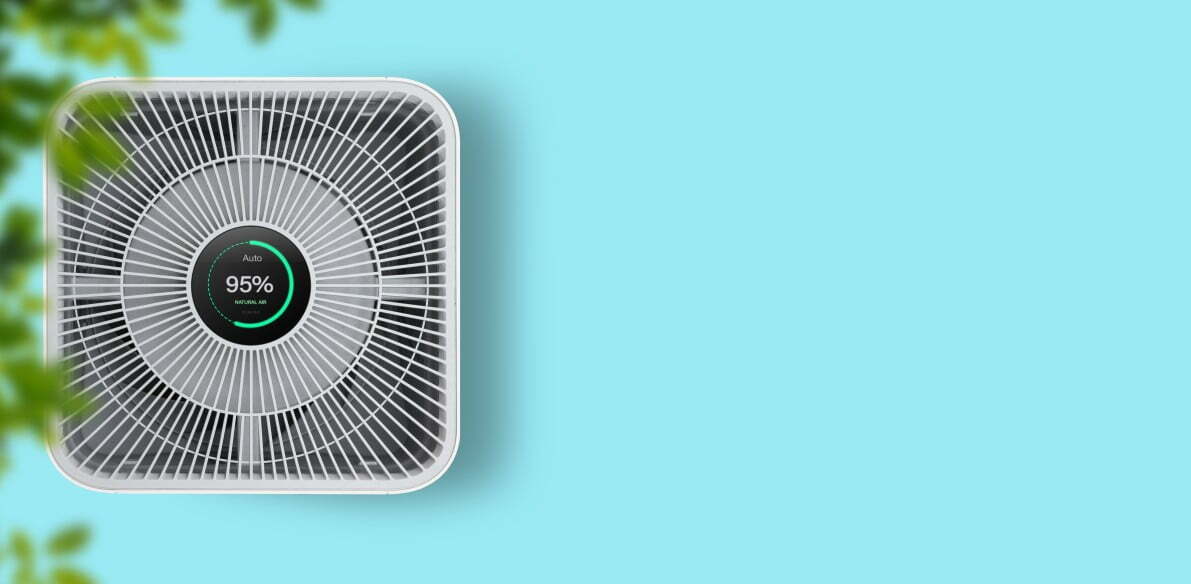
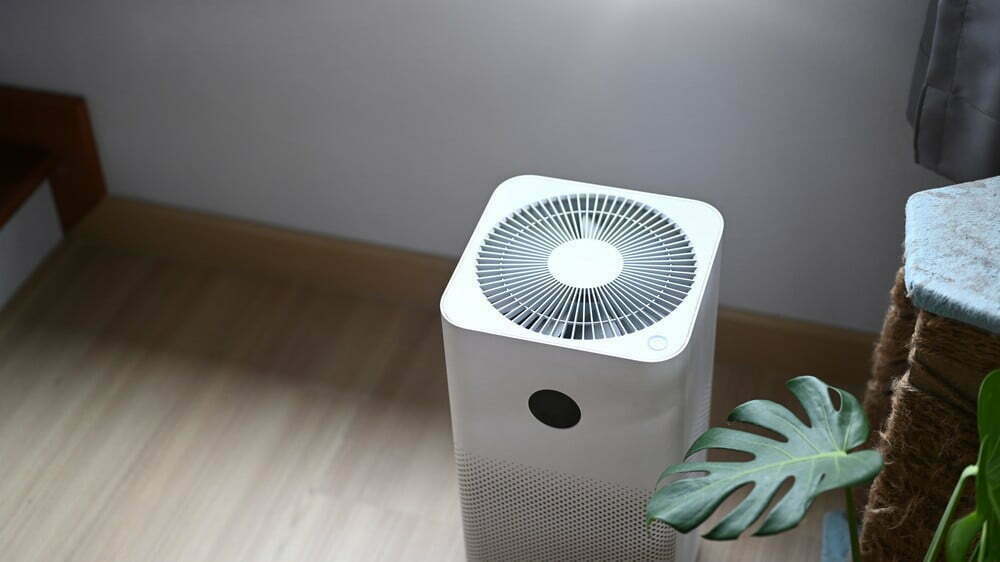
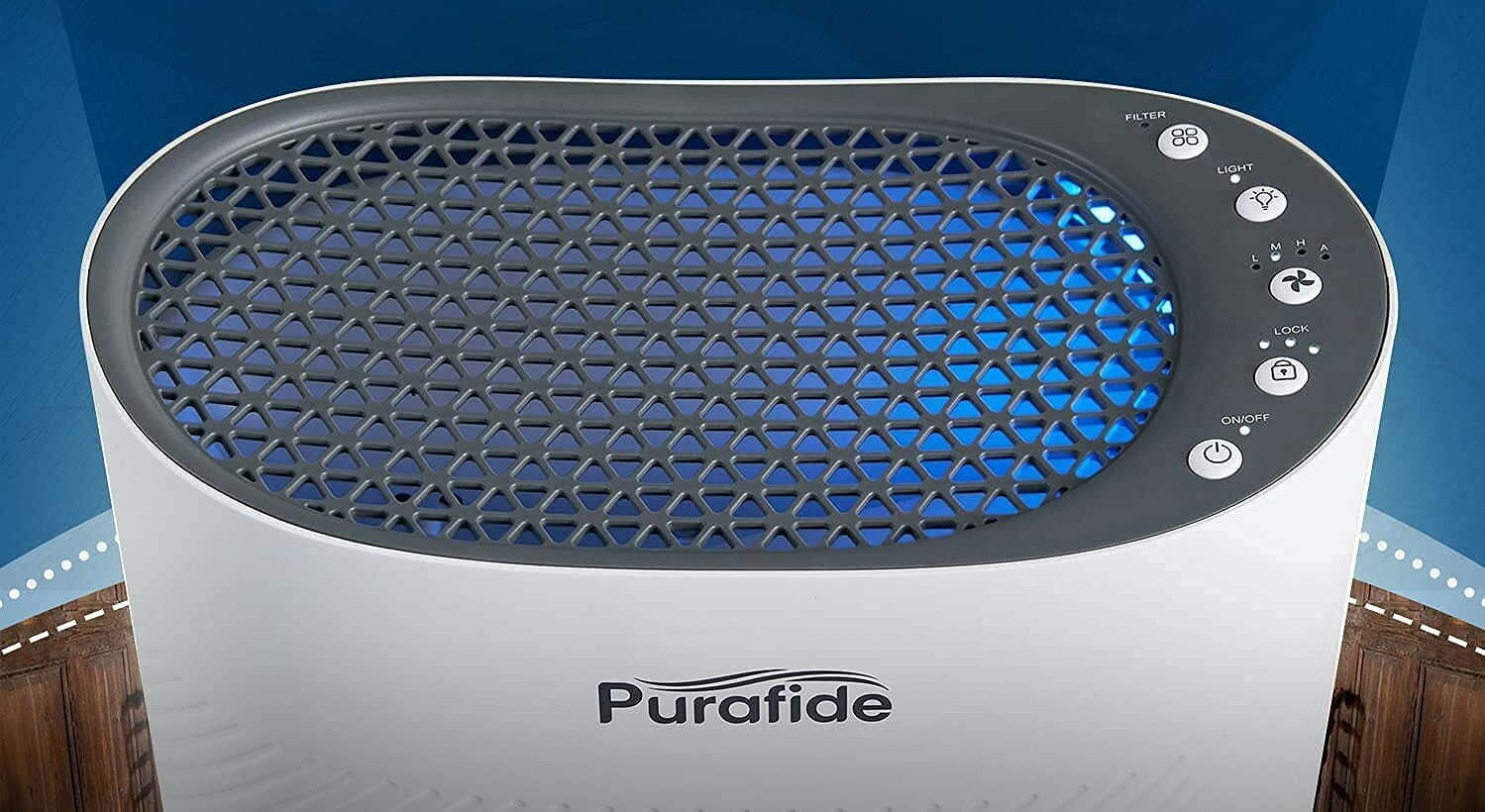
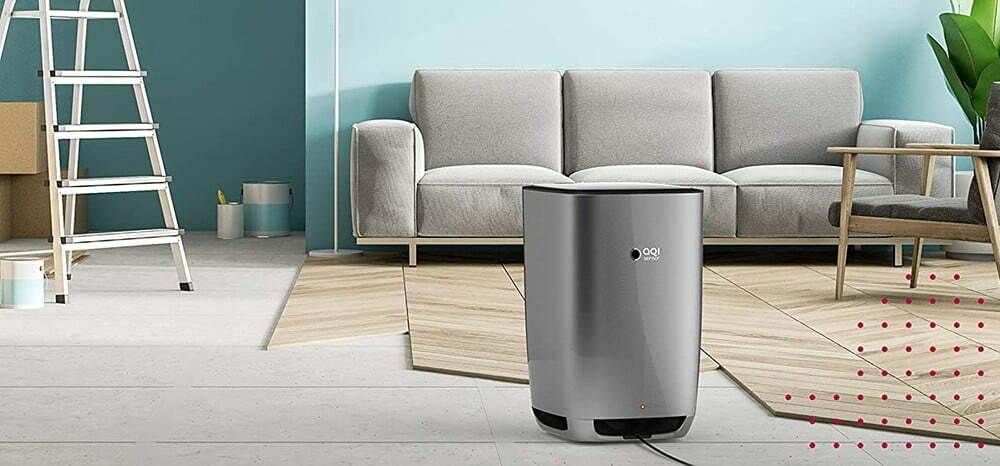
![Best Air Purifiers for VOCs and Formaldehyde in [year] 27 Best Air Purifiers for VOCs and Formaldehyde in 2026](https://www.gadgetreview.dev/wp-content/uploads/best-air-purifier-for-vocs-and-formaldehyde-image.jpg)
![Best Air Purifier in [year] ([month] Reviews) 28 Best Air Purifier in 2026 (February Reviews)](https://www.gadgetreview.dev/wp-content/uploads/Honeywell-True-HEPA-Allergen-Remover-HPA300-e1475603569442.jpg)
![Best Air Purifiers for Dust in [year] 29 Best Air Purifiers for Dust in 2026](https://www.gadgetreview.dev/wp-content/uploads/best-air-purifier-for-dust-image.jpg)
![Best Honeywell Air Purifiers in [year] 30 Best Honeywell Air Purifiers in 2026](https://www.gadgetreview.dev/wp-content/uploads/best-honeywell-air-purifier-image.jpg)
![Best Germicidal Air Purifiers in [year] 31 Best Germicidal Air Purifiers in 2026](https://www.gadgetreview.dev/wp-content/uploads/best-germicidal-air-purifier-image.jpg)
![Best Filterless Air Purifiers in [year] 32 Best Filterless Air Purifiers in 2026](https://www.gadgetreview.dev/wp-content/uploads/best-filterless-air-purifier-image.jpg)
![Best Levoit Air Purifiers in [year] 33 Best Levoit Air Purifiers in 2026](https://www.gadgetreview.dev/wp-content/uploads/best-levoit-air-purifier-image.jpg)
![Best Air Purifiers for Smoking Weed in [year] 34 Best Air Purifiers for Smoking Weed in 2026](https://www.gadgetreview.dev/wp-content/uploads/best-air-purifier-for-smoking-weed-image.jpg)
![Best Quiet Air Purifiers in [year] 35 Best Quiet Air Purifiers in 2026](https://www.gadgetreview.dev/wp-content/uploads/best-quiet-air-purifier-image.jpg)
![Best Desktop Air Purifiers in [year] 36 Best Desktop Air Purifiers in 2026](https://www.gadgetreview.dev/wp-content/uploads/best-desktop-air-purifier.jpg)
![Best Dyson Air Purifiers in [year] 37 Best Dyson Air Purifiers in 2026](https://www.gadgetreview.dev/wp-content/uploads/best-dyson-air-purifier.jpg)
![Best Air Purifiers for Dorm Room in [year] 38 Best Air Purifiers for Dorm Room in 2026](https://www.gadgetreview.dev/wp-content/uploads/air-purifier-for-dorm-room-1.jpg)
![Best Air Purifiers for Office in [year] 39 Best Air Purifiers for Office in 2026](https://www.gadgetreview.dev/wp-content/uploads/best-air-purifier-for-office.jpg)
![Best Air Purifiers for Basement in [year] 40 Best Air Purifiers for Basement in 2026](https://www.gadgetreview.dev/wp-content/uploads/best-air-purifier-for-basement.jpg)
![Best Air Purifiers For Odor in [year] 41 Best Air Purifiers For Odor in 2026](https://www.gadgetreview.dev/wp-content/uploads/best-air-purifier-odor.jpg)
![10 Best Personal Air Purifiers in [year] 42 10 Best Personal Air Purifiers in 2026](https://www.gadgetreview.dev/wp-content/uploads/best-personal-air-purifiers.jpg)
![10 Best Plug In Air Purifiers in [year] 43 10 Best Plug In Air Purifiers in 2026](https://www.gadgetreview.dev/wp-content/uploads/best-plug-in-air-purifier-image.jpg)
![10 Best Whole House Air Purifiers in [year] 44 10 Best Whole House Air Purifiers in 2026](https://www.gadgetreview.dev/wp-content/uploads/best-whole-house-air-purifier-image.jpg)
![10 Best Large Room Air Purifiers in [year] 45 10 Best Large Room Air Purifiers in 2026](https://www.gadgetreview.dev/wp-content/uploads/Coway-Airmega-200M-Large-Room-Air-Purifier-900x900-1.png)
![10 Best UV Air Purifiers in [year] 46 10 Best UV Air Purifiers in 2026](https://www.gadgetreview.dev/wp-content/uploads/best-uv-air-purifier.jpg)
